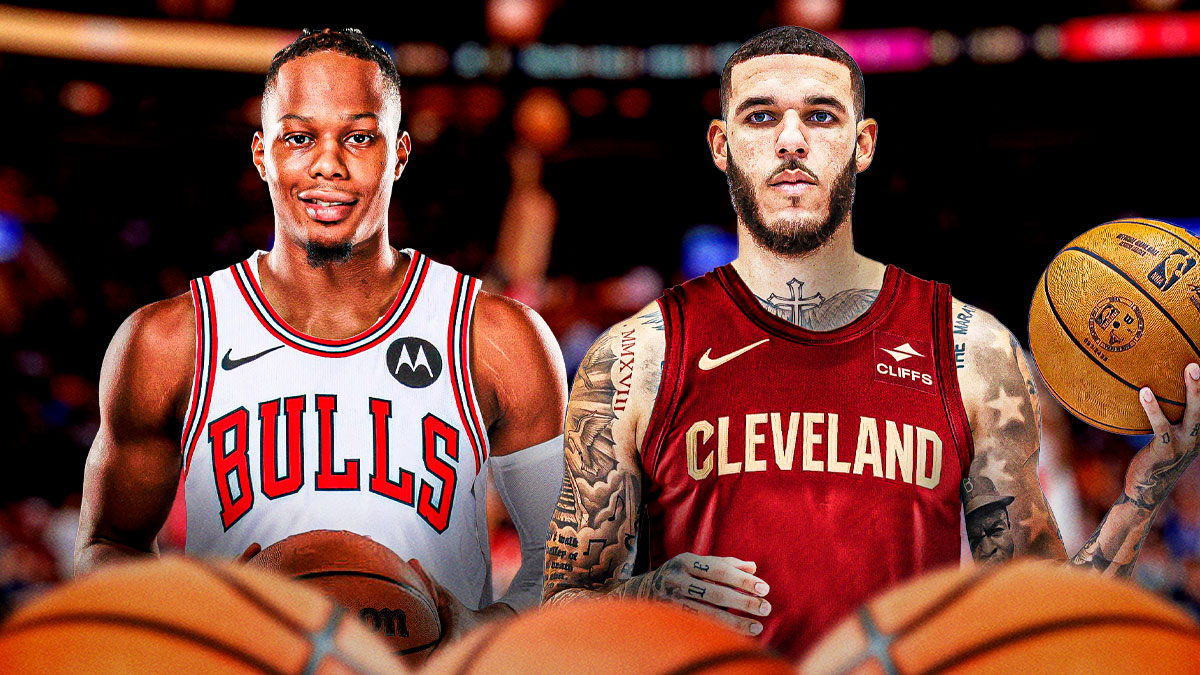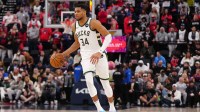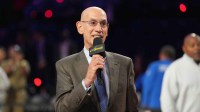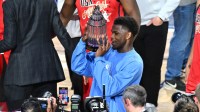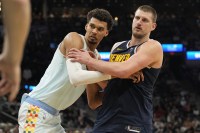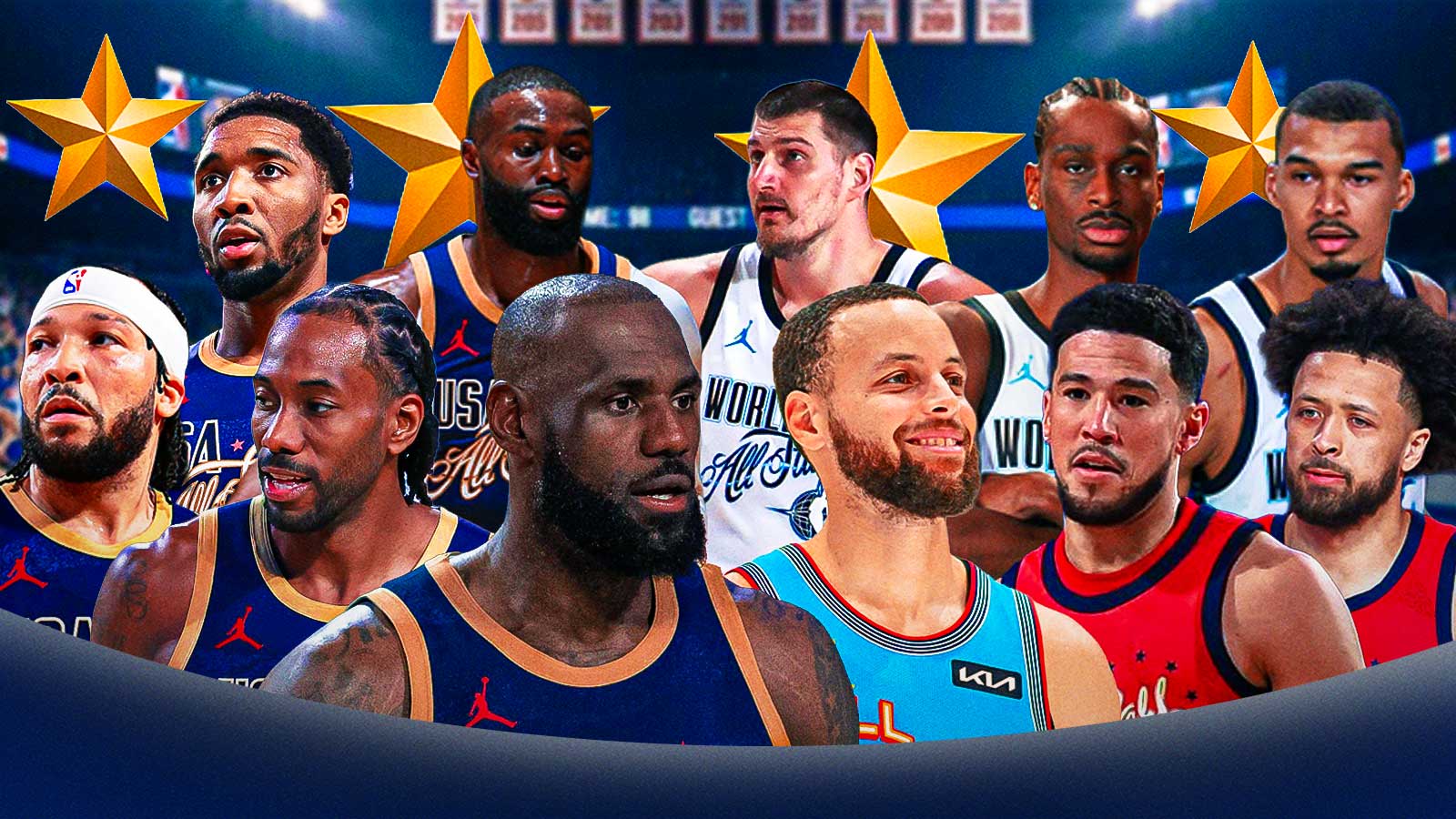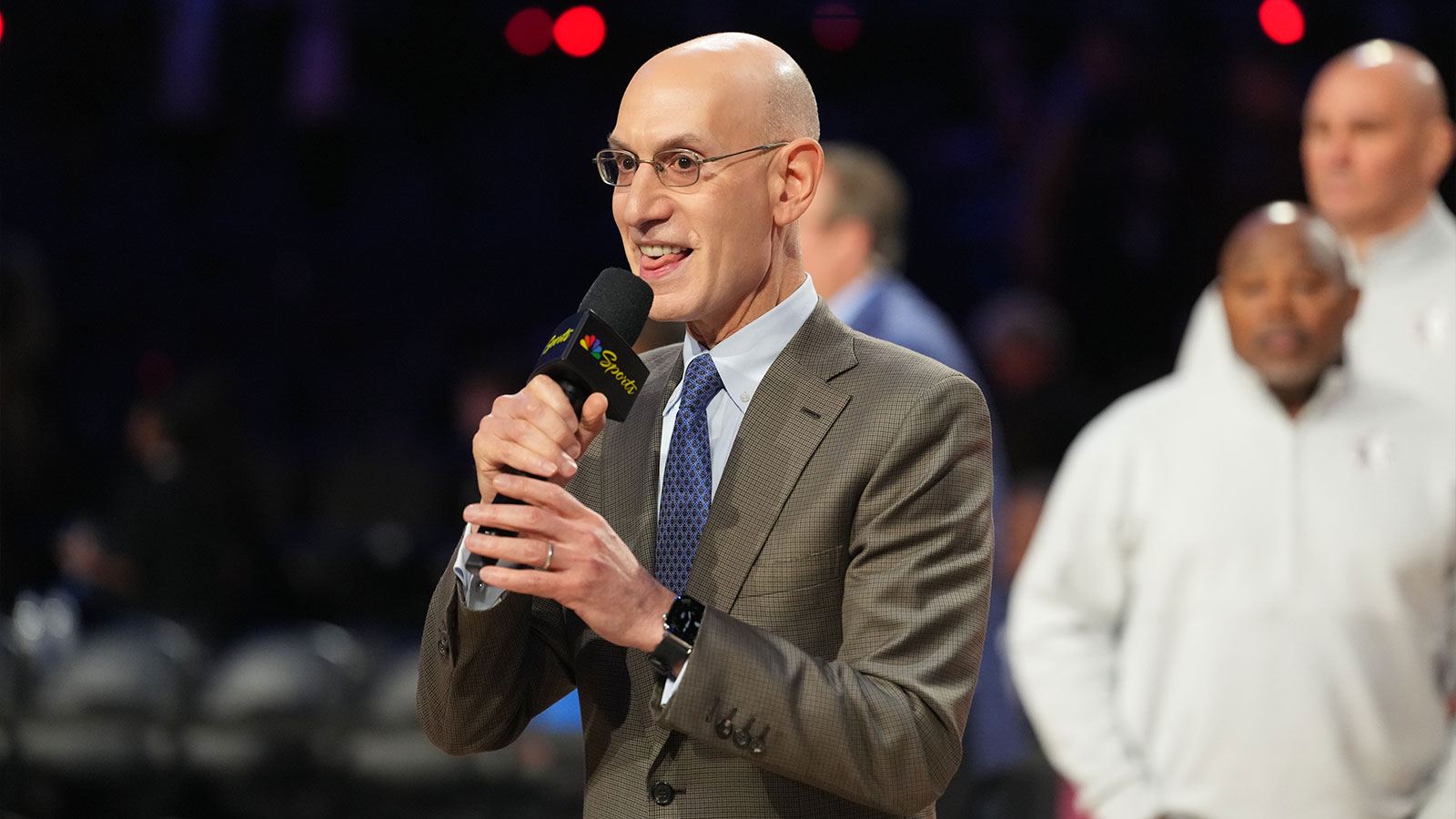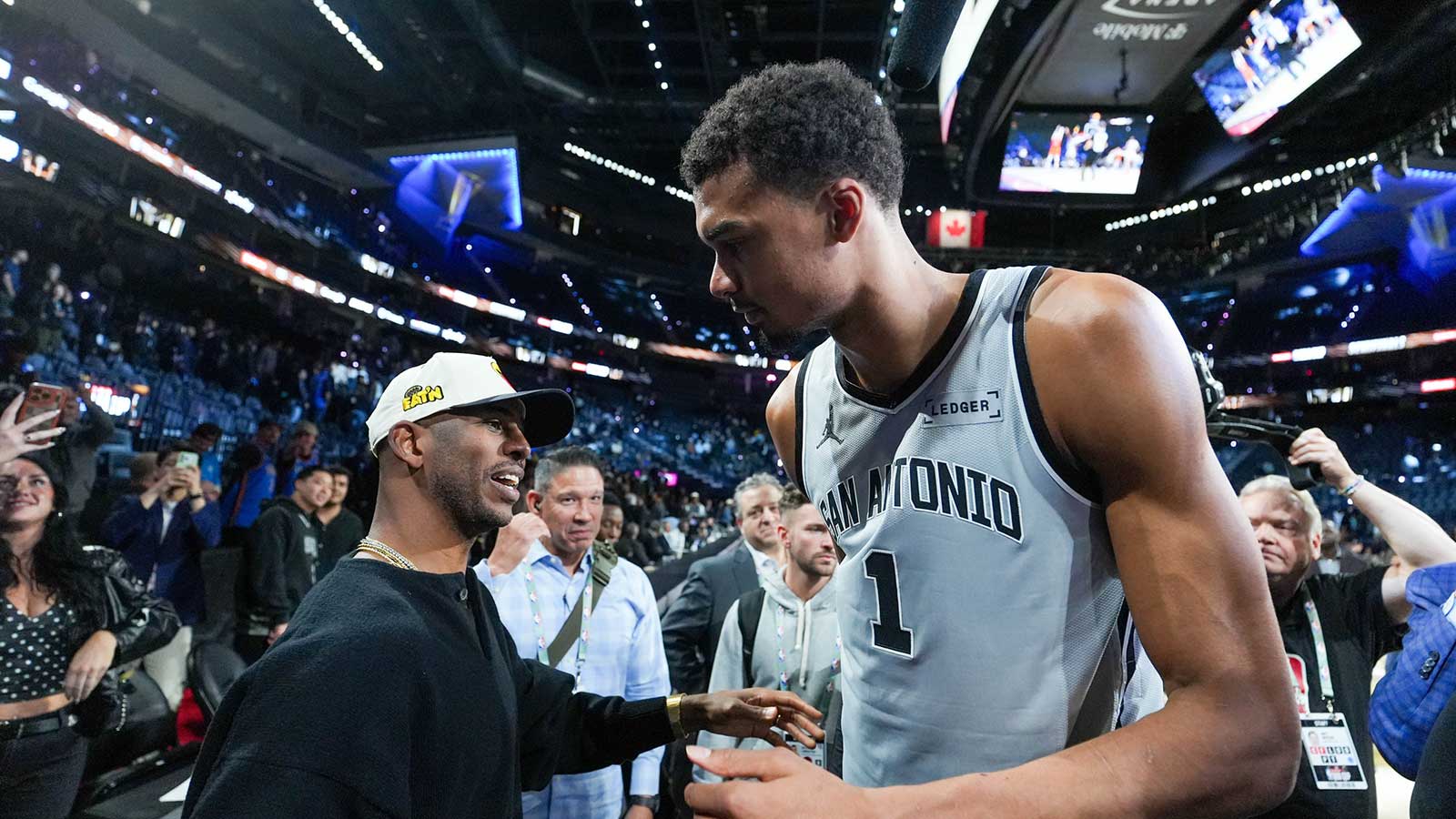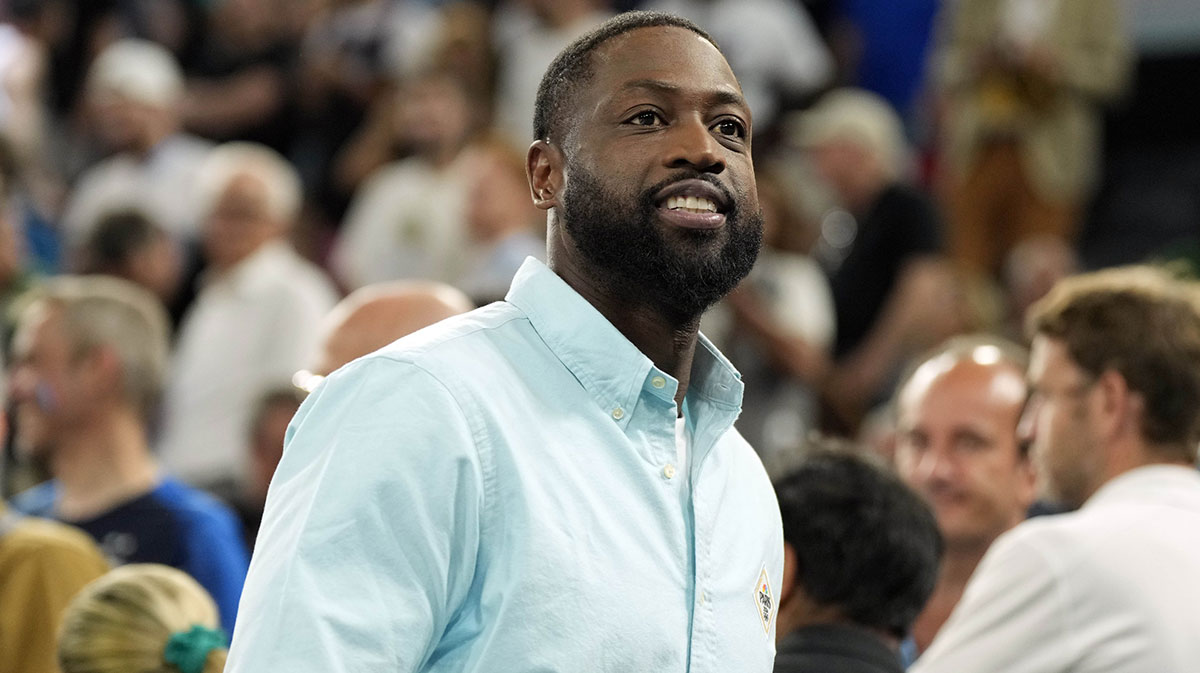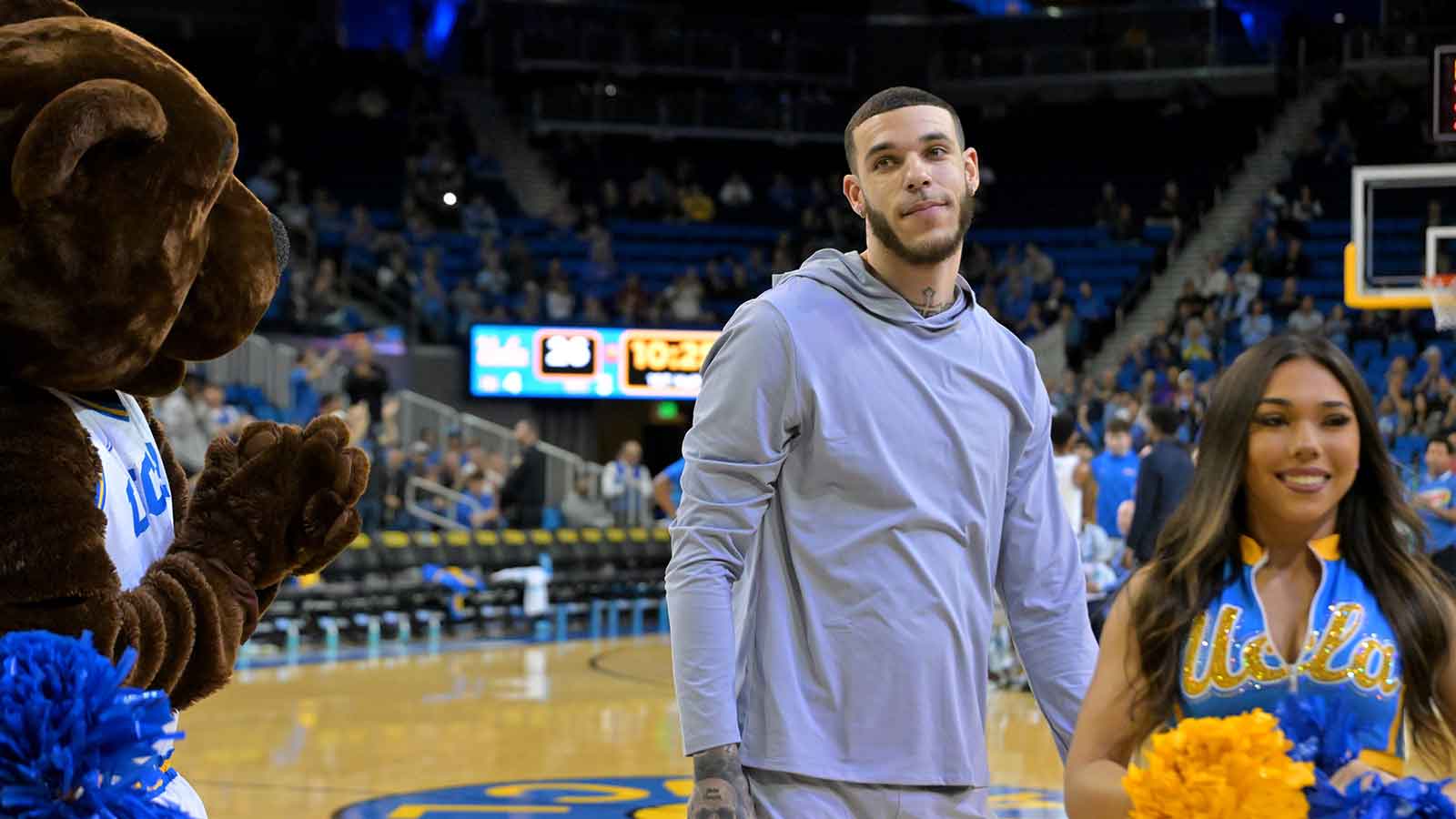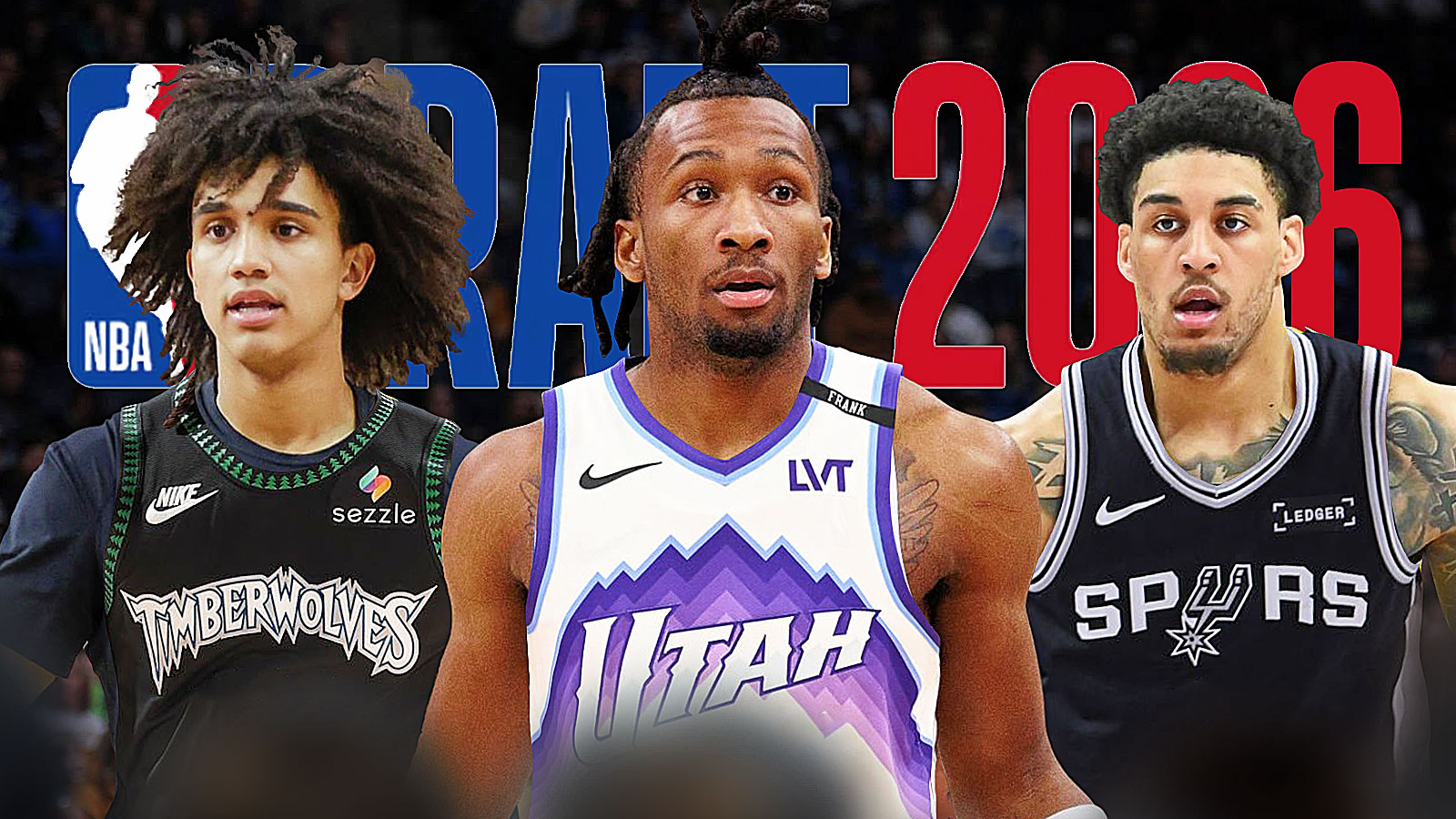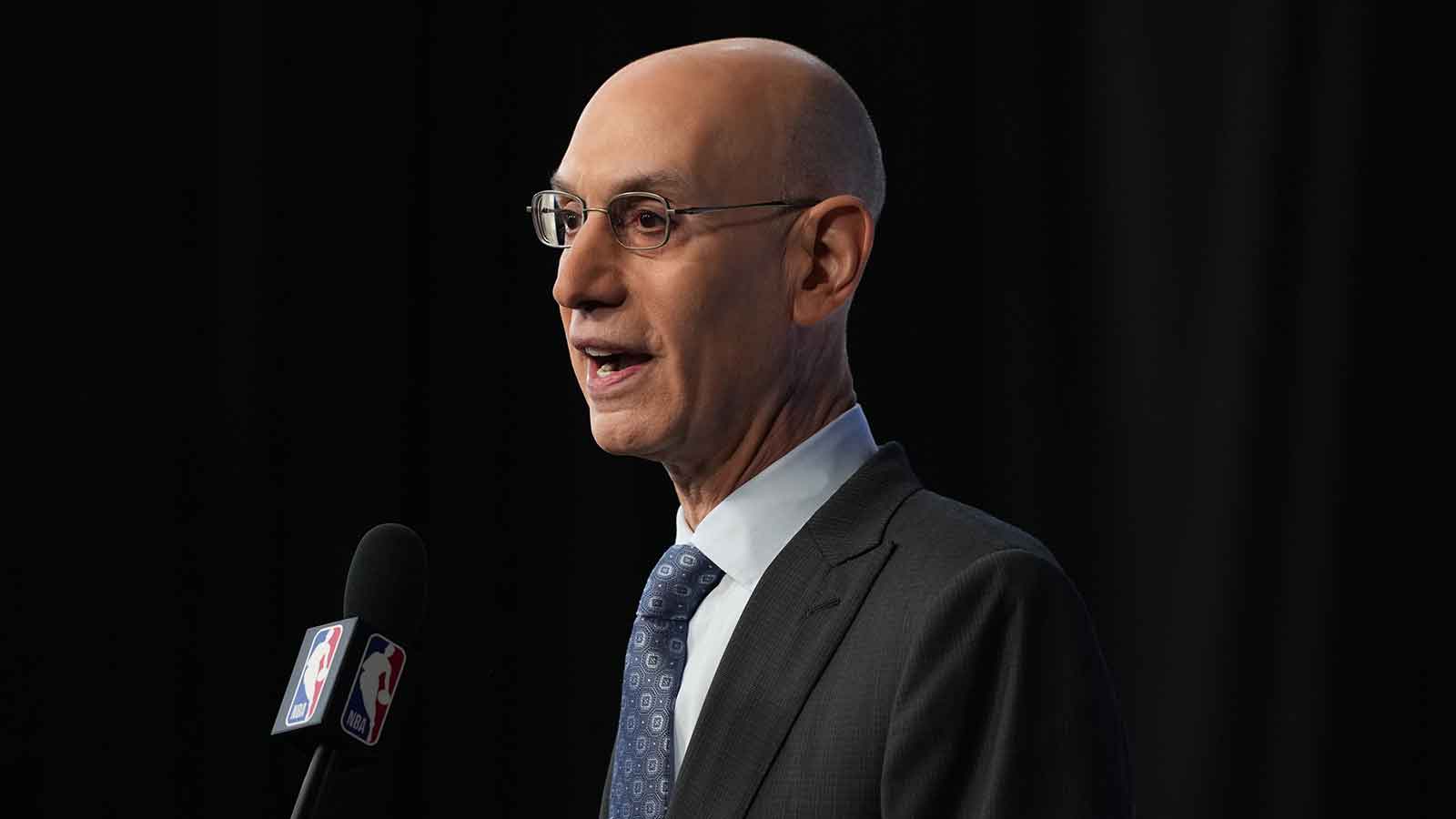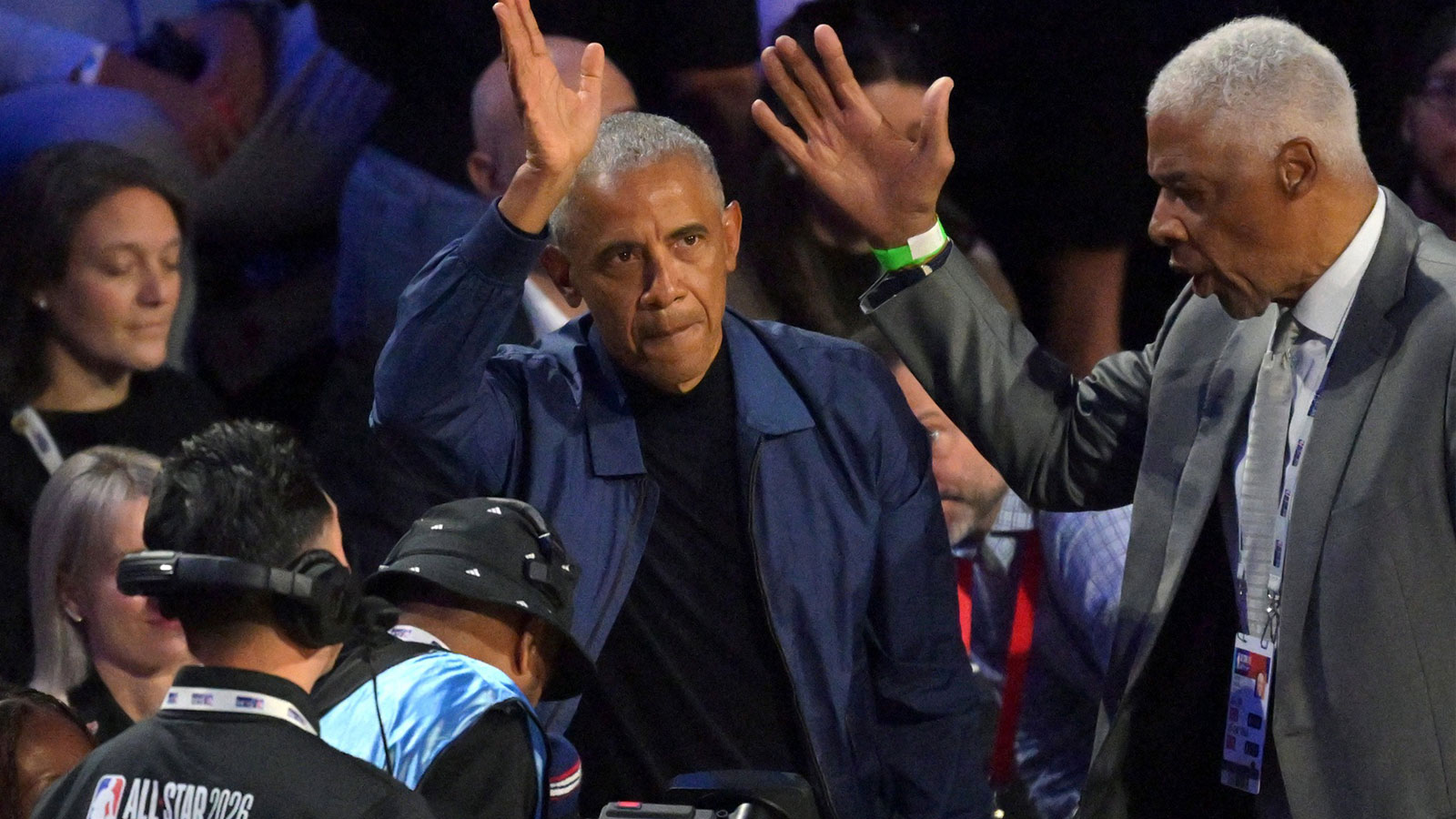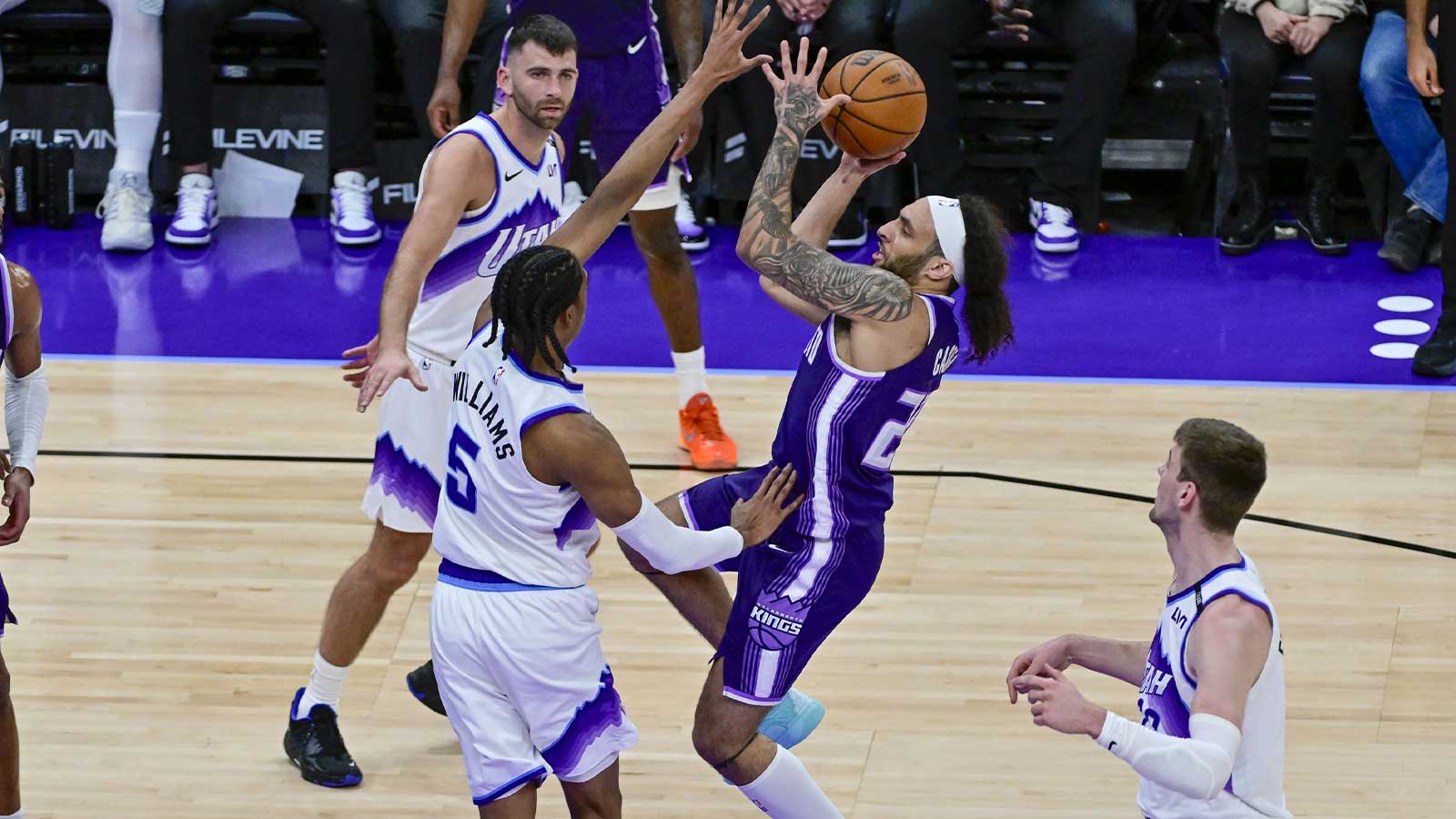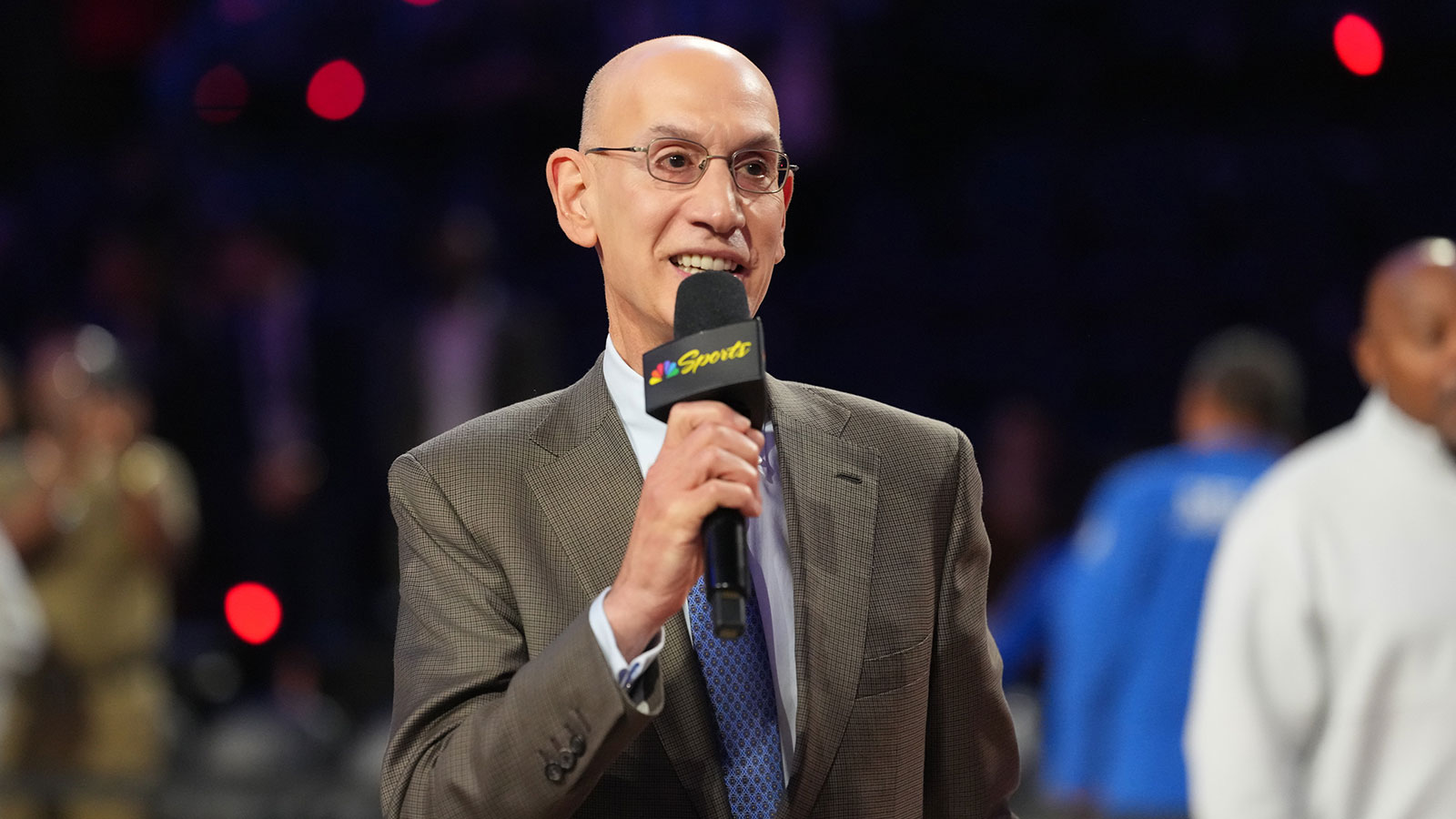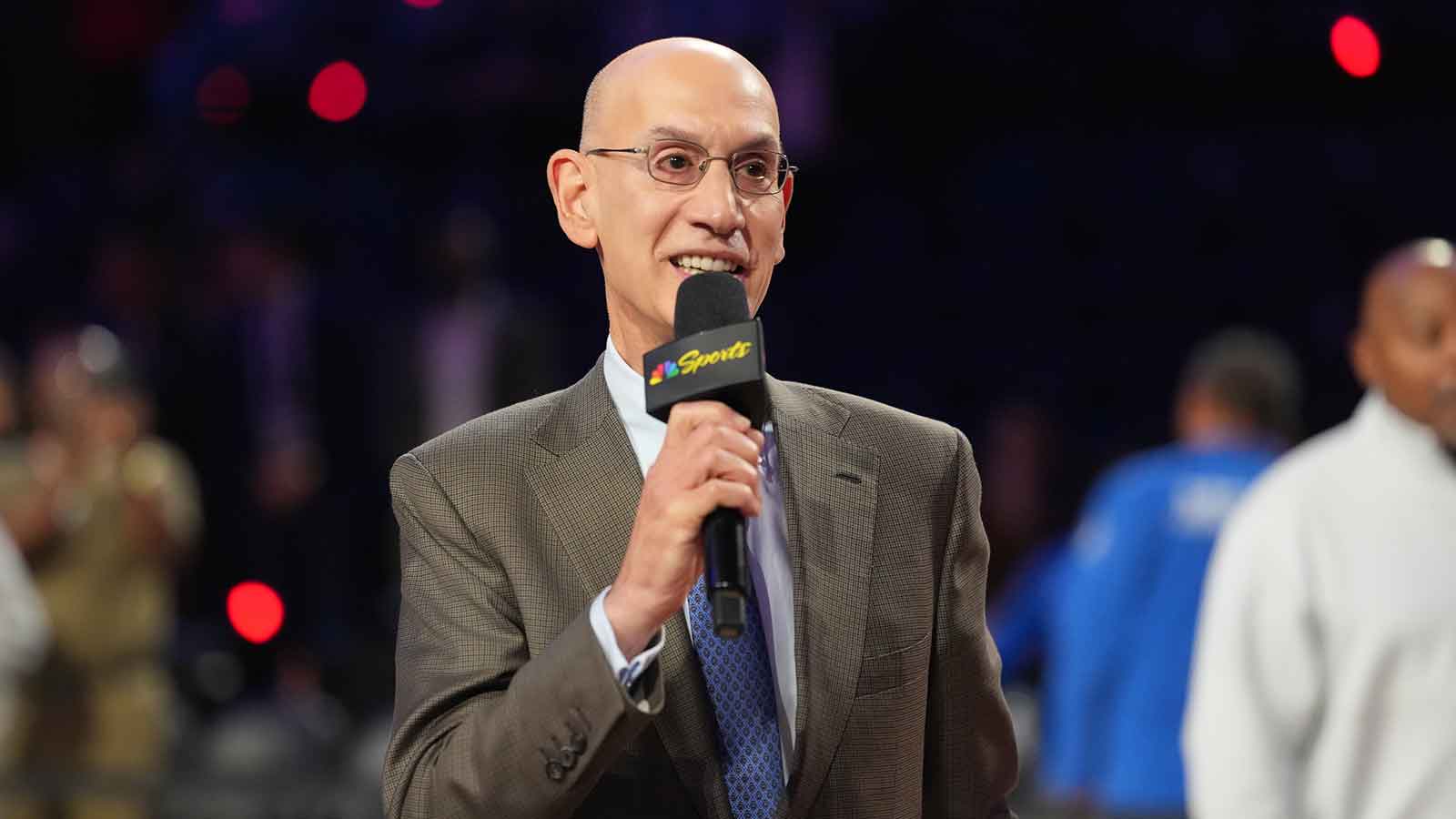The Cleveland Cavaliers and Chicago Bulls finalized a player-for-player trade Saturday morning ahead of the NBA’s free-agency period, swapping guard Lonzo Ball for forward Isaac Okoro. The deal was first reported by ESPN’s Shams Charania.
The move marks a key roster adjustment for both franchises with Cleveland looking to reinforce its defense and depth, while Chicago continues a broader reset of its roster centered around younger, cost-controlled talent.
Lonzo Ball bolsters Cavs' backcourt depth amid Ty Jerome uncertainty
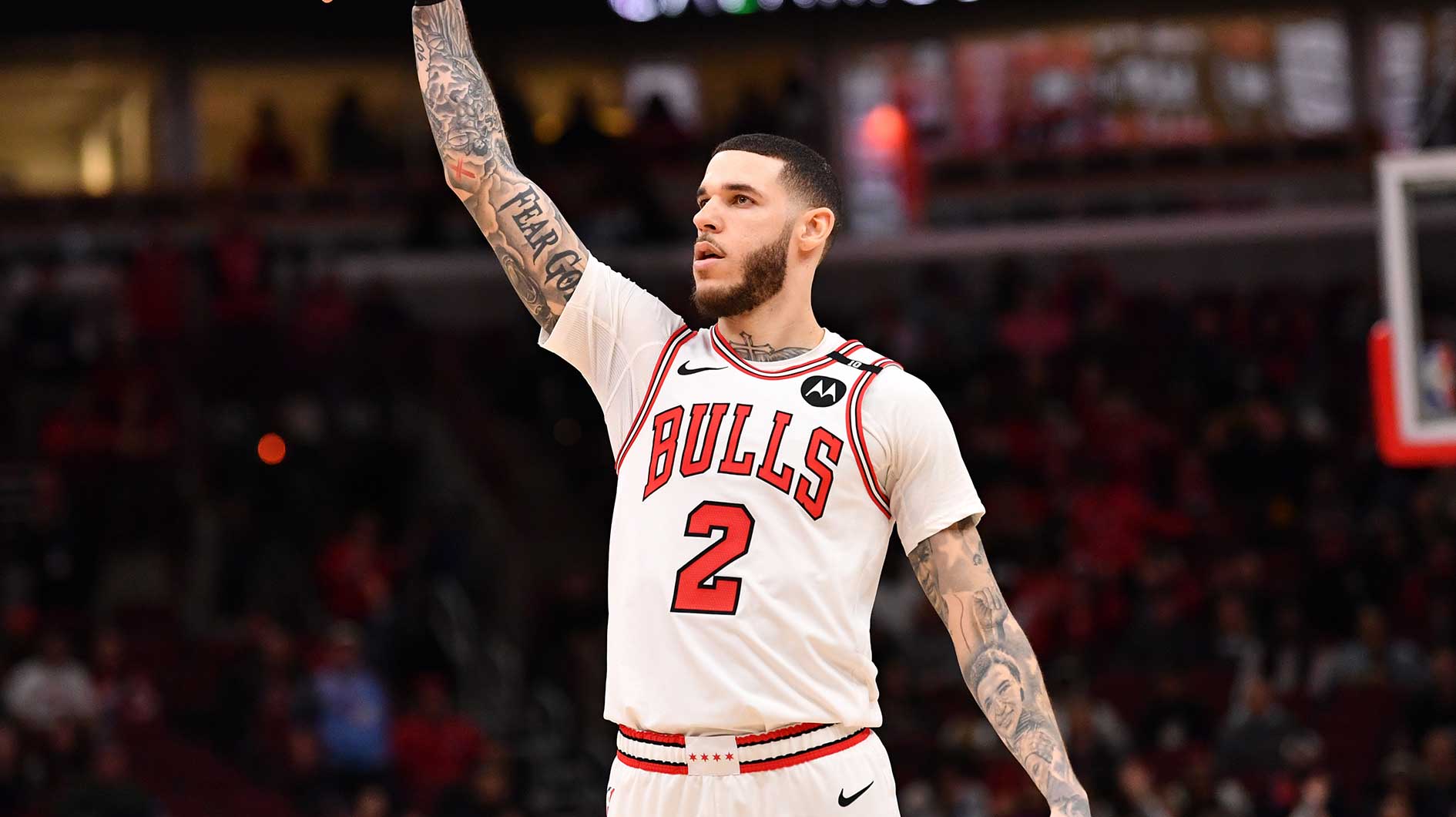
The Cavaliers enter the 2025 offseason following a franchise-best 64-18 regular-season campaign, finishing with the top seed in the Eastern Conference. Cleveland led the league in scoring at 121.9 points per game and ranked second in three-pointers made (15.9) and three-point percentage (38.3%). However, their 12th-ranked defense proved vulnerable during the postseason.
Cleveland was eliminated in the second round of the playoffs by the Indiana Pacers in five games. The Cavaliers gave up multiple double-digit leads in the series, struggling to contain Indiana’s dynamic offensive runs. The defensive lapses were a critical factor in the early exit, overshadowing an otherwise dominant postseason offense that averaged 119.4 points per game.
The addition of Lonzo Ball addresses the Cavaliers’ need for improved perimeter defense and veteran backcourt depth. Ball returned to action in 2024-25 after missing two full seasons due to knee injuries.
In 35 games, the 27-year-old averaged 7.6 points, 3.4 rebounds, 3.3 assists, and 1.3 steals per game. He shot 36.6% from the field and 34.4% from three-point range in 22.2 minutes per contest.
Ball also brings a high basketball IQ and defensive versatility, fitting well into a rotation that could lose Ty Jerome in free agency. His current contract adds financial flexibility as well: a two-year, $20 million deal with a player option in 2026-27.
Cleveland’s front office added veteran presence and defense without surrendering draft capital or taking on long-term financial risk, earning the Cavaliers high marks for this transaction.
Cleveland Cavaliers: A-
Bulls land Isaac Okoro but miss out on draft assets again
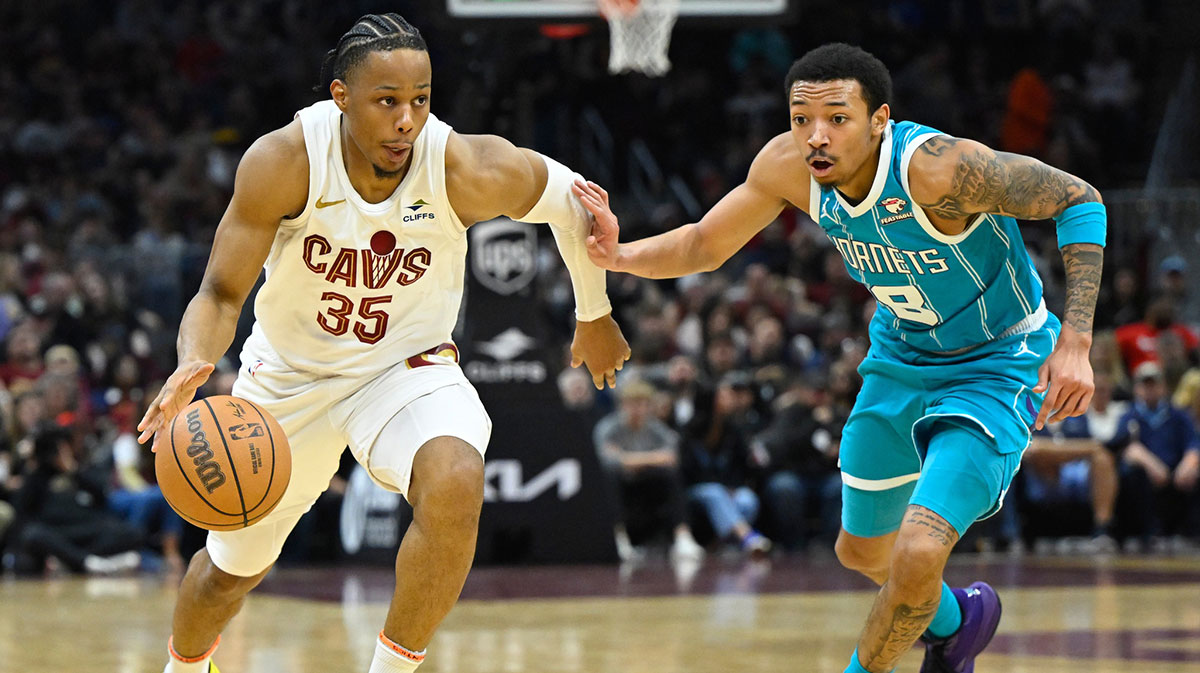
The Bulls remain in a state of flux after finishing the 2024-25 season at 39-43 and missing the playoffs for the third consecutive year via the Play-In Tournament. Despite individual improvements from Coby White and the addition of Josh Giddey, the Bulls have failed to establish a clear direction.
Offensively, Chicago performed well, ranking sixth in the league with 117.8 points per game and third in three-pointers made at 15.4 per game. However, their defense continued to falter, surrendering 119.4 points per contest — among the worst in the NBA.
By acquiring Okoro, the Bulls add a younger defensively minded wing to their core. The 24-year-old forward averaged 6.1 points, 2.4 rebounds, and 1.2 assists while shooting a career-best 37.1% from three-point range in 55 games. Though his minutes were limited (19.1 per game), Okoro remained a reliable presence when healthy.
Okoro is under contract for two more seasons, earning $33 million through 2026-27. He fits the front office’s stated preference for “young players with experience” and could carve out a larger role on a rebuilding roster that needs defensive help on the perimeter.
The trade does little, however, to shift the Bulls meaningfully forward. Chicago continues to offload veterans — having already dealt DeMar DeRozan, Zach LaVine, and Alex Caruso — without acquiring any future first-round picks in return. The pattern repeated in the Ball-for-Okoro deal, compounding questions about the long-term vision of the franchise.
While Okoro offers youth and upside, the Bulls’ failure to extract additional assets lowers the overall value of the trade.

